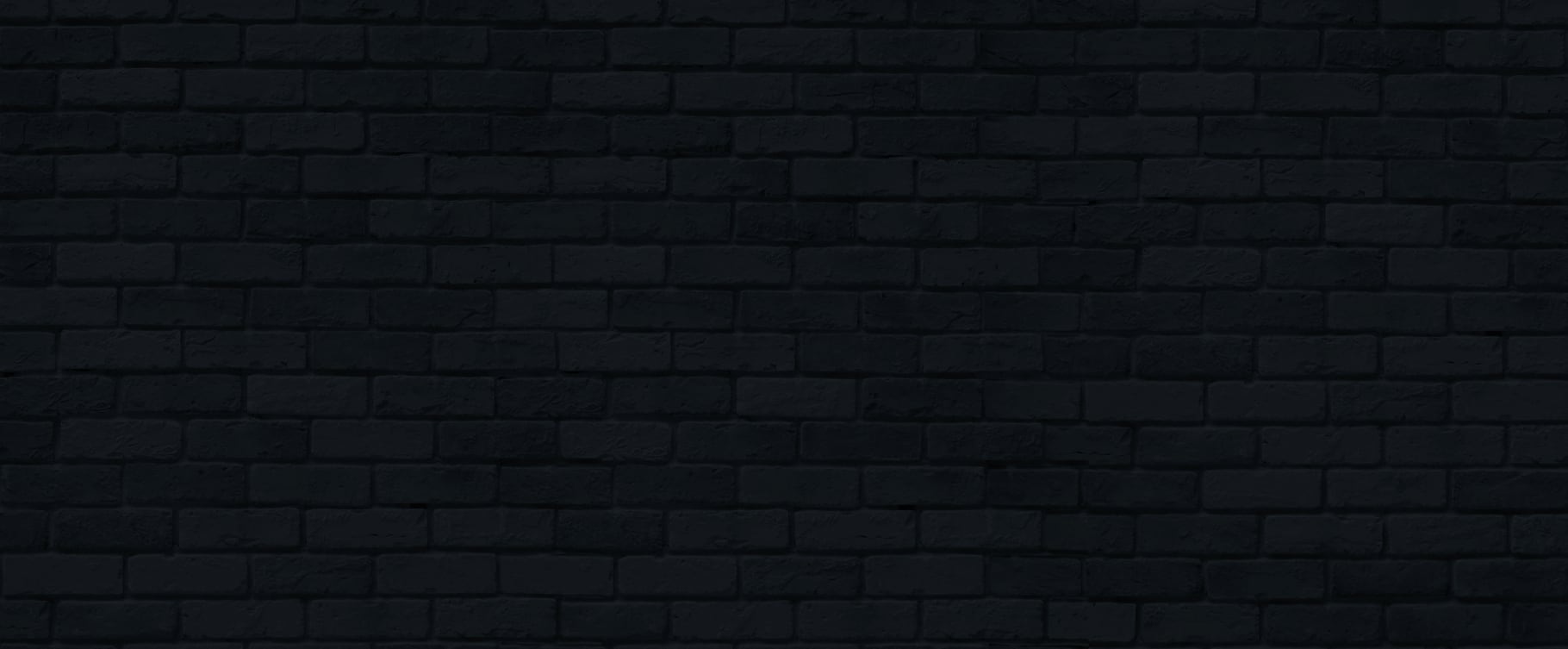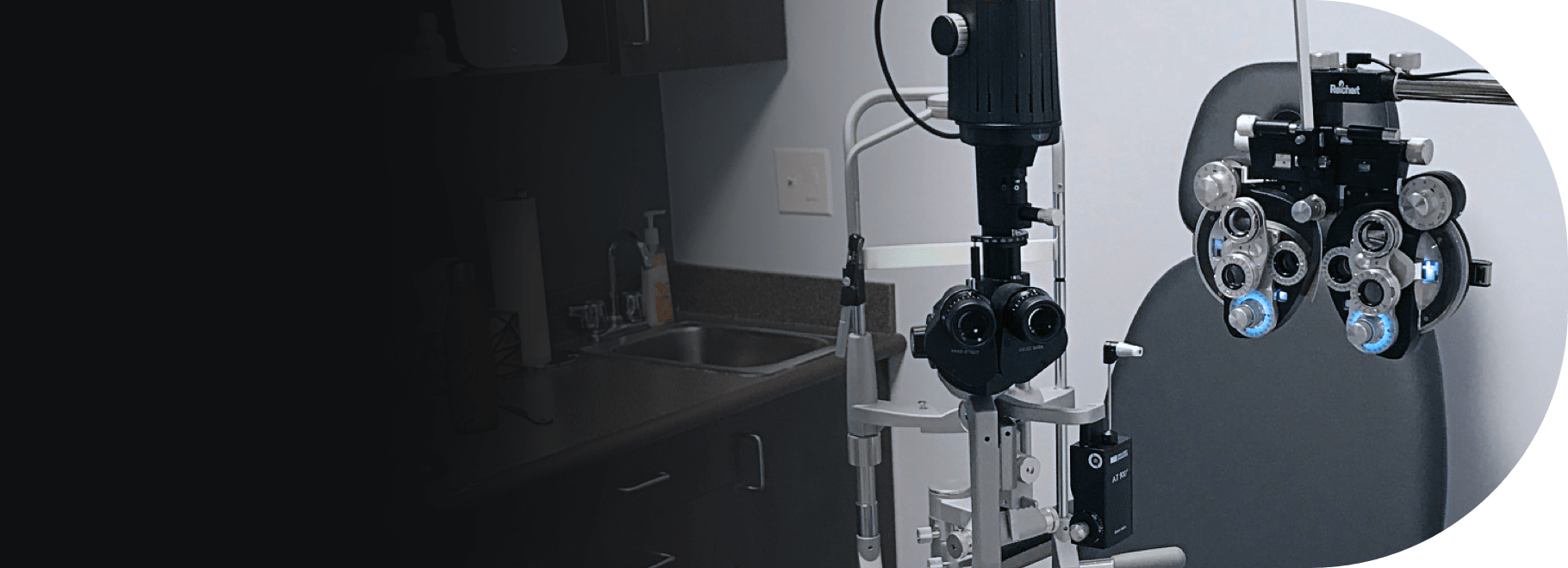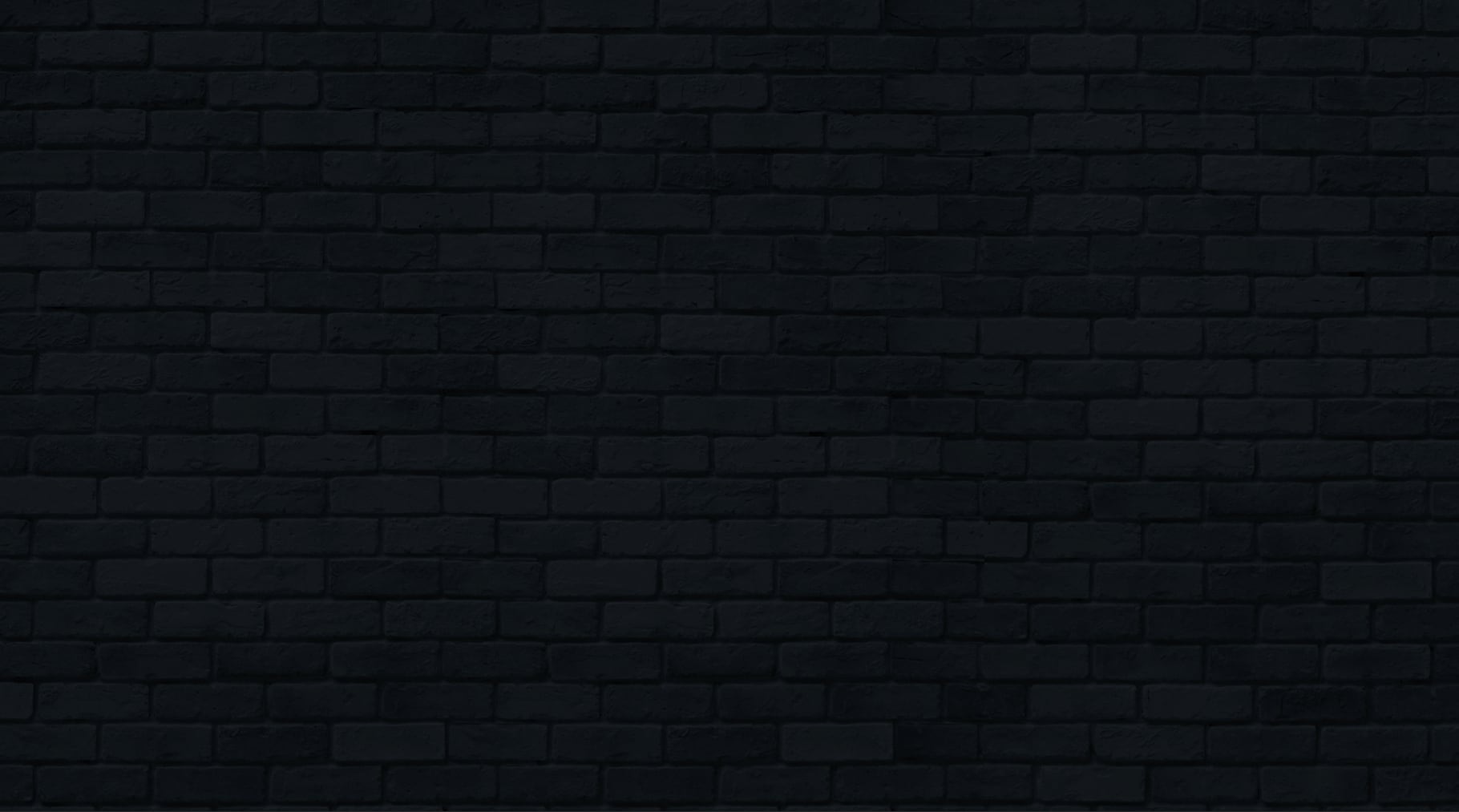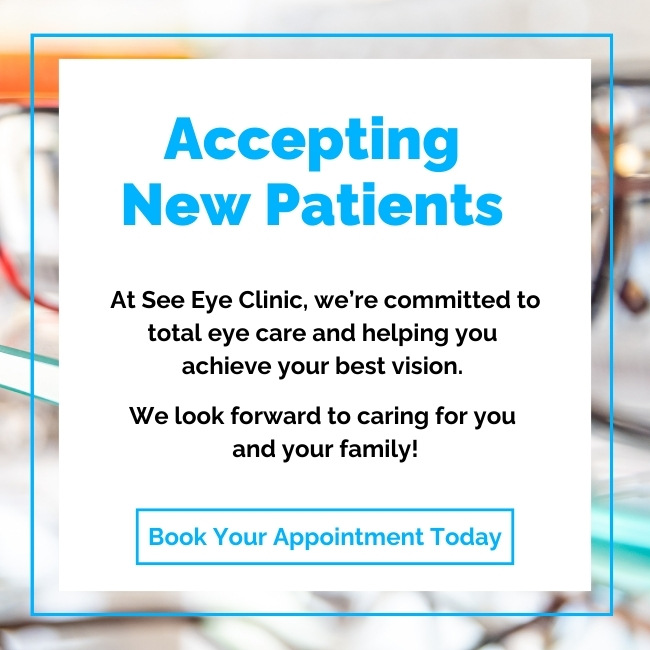Contact lenses offer a comfortable and practical way to correct vision—but like any medical device, they come with an expiration date.
Contact lenses can expire. Wearing them past that date can lead to discomfort, irritation, or even serious eye infections. Understanding why lenses expire, how to spot the signs, and what to do about it can help protect your eye health.
Why Do Contact Lenses Have Expiration Dates?
Contact lenses don’t last forever. The lenses and packaging are carefully designed to maintain sterility and performance over time. But these materials can degrade, and when they do, wearing the lenses may pose risks to your eye health.
Key Reasons Contact Lenses Expire
Contact lenses have an expiration date for a good reason: to safeguard your eye health. Here’s a simple breakdown of why you should be aware of that date.
Sterility of the Packaging
Contact lenses are stored in a sealed blister pack with sterile saline solution to keep them safe for your eyes. Over time, the integrity of the seal can weaken, resulting in contamination. Bacteria or other microorganisms may infiltrate the packaging, which could lead to eye infections.
Material Degradation
Contact lenses are made of specialized materials designed to hold moisture and allow oxygen to pass through to your eyes. However, these materials can break down after a certain period, even when unused. Degraded lenses may become uncomfortable to wear and could irritate your eyes.
Regulations & Standards
Health and safety standards require all medical devices, including contact lenses, to have an expiration date. The protocol helps enforce safe practices for manufacturers to minimize potential risks.
Wearing expired contact lenses might seem harmless, especially if your eyes don’t feel irritated immediately. But the damage can build up over time.
Corneal ulcers or infections can develop subtly, leading to more serious complications that may require medical treatment or even result in long-term vision loss. Prioritizing caution can help you protect your eye health, comfort, and vision.
How to Check if Your Contact Lenses Have Expired
Recognizing when your contact lenses are safe for wear is part of responsible contact lens care. Here’s a guide to what to watch out for.
Check the Packaging
The expiration date is printed on the lens box or blister pack. It’s usually labelled as “EXP,” followed by a date (e.g., EXP 2025-01). Do not use lenses past this date.
Even if the lenses are still within their expiration date, avoid using them if the packaging is damaged, unsealed, or leaking. Even minor damage can compromise the integrity of the packaging.
Look for Signs of Wear or Contamination
If your lenses appear torn, cloudy, or discoloured, throw them out—even if they haven’t expired. These signs could indicate that the lenses are no longer safe.
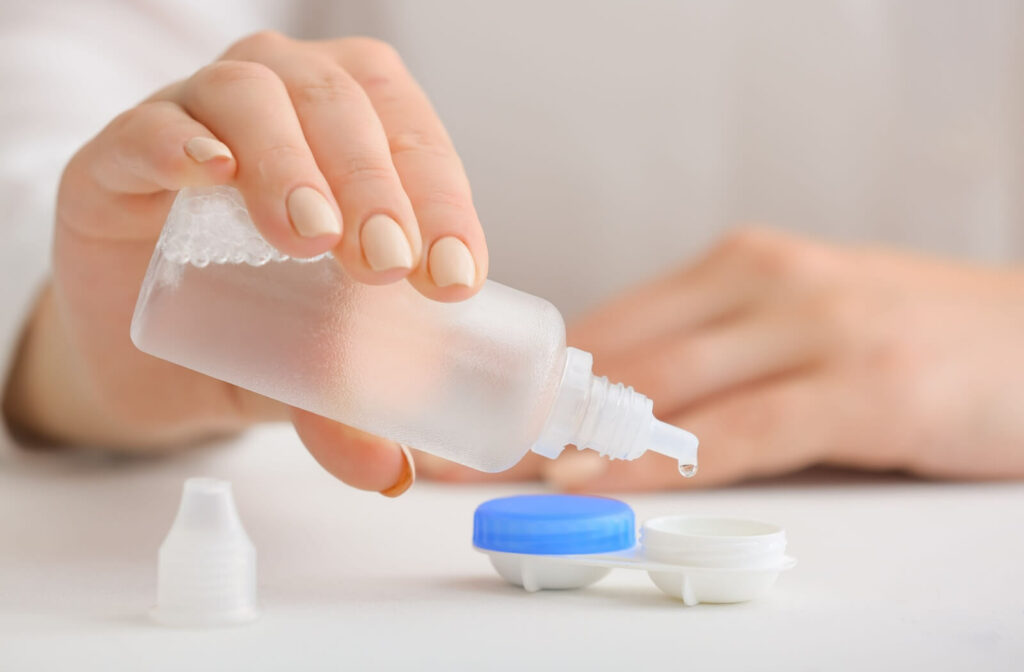
Risk of Wearing Expired Contact Lenses
Using expired contact lenses may seem harmless, especially if they look fine. However, the risks can outweigh the convenience. Here are some potential issues.
Eye Irritation
Degraded lens material can cause discomfort, redness, or itching. These symptoms may worsen with prolonged use.
Reduced Oxygen Flow
Over time, the oxygen permeability of contact lenses decreases. Wearing lenses that no longer allow sufficient oxygen to reach your cornea can lead to conditions like corneal hypoxia.
Higher Risk of Infection
Expired lenses or compromised packaging can harbour bacteria or fungi, increasing your risk of developing an eye infection such as keratitis.
Vision Problems
Using lenses that have lost their shape or moisture-retaining properties can affect their ability to provide clear vision.
Tips for Proper Contact Lens Care
These simple care tips can help keep your contact lenses safe and effective.
Stick to the Expiration Date
Always check the expiration date before opening a new pack of lenses. Do not take risks with expired products.
Follow Replacement Schedules
Replace your lenses as directed by your optometrist. For example:
- Daily lenses should be disposed of after 1 day
- Bi-weekly or monthly lenses must be replaced according to their recommended schedule
Store Lenses Properly
If you use reusable lenses, try to store them in a clean lens case with fresh contact lens solution. Avoid reusing old contact lens solution or tap water, as these can introduce harmful microorganisms.
Practice Good Hygiene
Wash and dry your hands thoroughly before handling your lenses. Clean hands help minimize the risk of transferring dirt or bacteria to your eyes.
Visit Your Optometrist Regularly
Regular eye check-ups are essential for proactive eye care. Your optometrist can monitor your eye health and check that your lenses are the right fit and prescription.
Book an Appointment Today
Contact lenses do expire. Wearing them past their expiration date can put your eye health at risk. Checking the expiration date and following proper lens care practices can help keep your vision clear and your eyes protected.
If you’re unsure about your lenses or need updated guidance, the team at See Eye Clinic is happy to help. Schedule an appointment today to check that your prescription is current and get personalized advice for safe, effective contact lens use.




